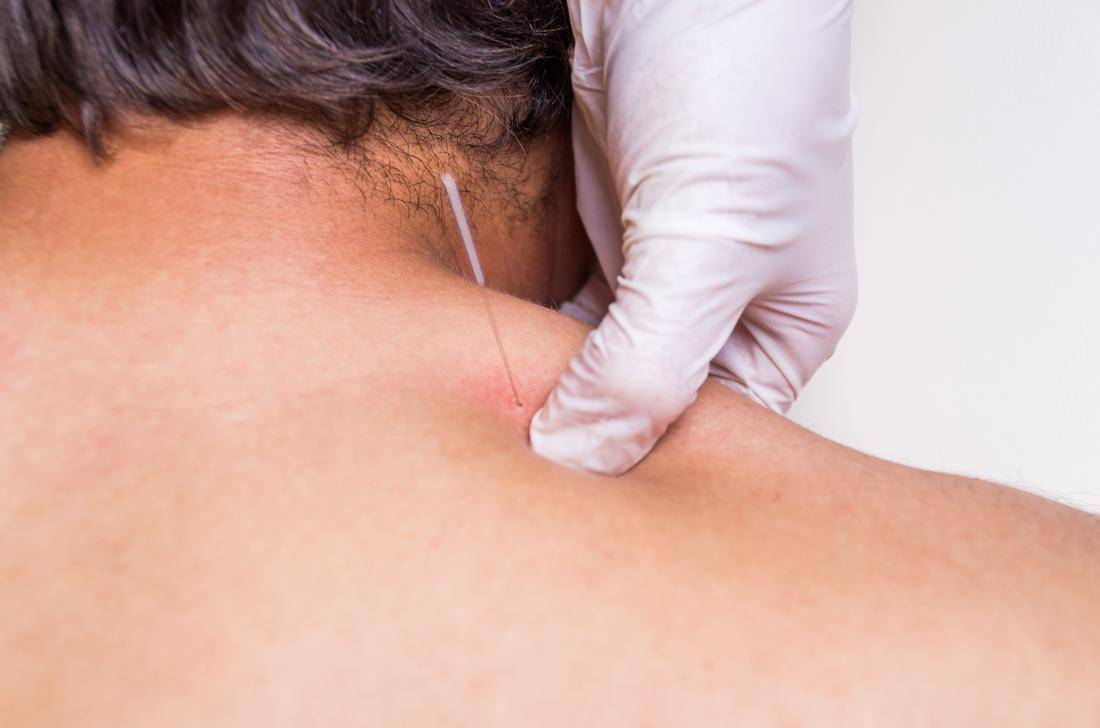Acupuncture Vs Dry Needling
Are you struggling with pain and not sure which technique is best for you? Both acupuncture and dry needling can provide relief, but there are some key differences that will help you make an informed decision based on your health goals. Acupuncture utilizes needles inserted into specific points along meridians to rebalance energy flow throughout the body. Dry needling on the other hand, is a more focused approach that uses monofilament (solid) needles to penetrate trigger points and release tension, leading to healing.
What is Acupuncture?
Acupuncture is an ancient Chinese medical practice that involves inserting thin needles through the skin at specific points on the body to stimulate or clear energy channels. It’s believed that Qi, or “life force,” flows throughout our bodies in a network of lines known as meridians.
Traditional practitioners believe that when Qi, or energy flow, is disrupted, disease can ensue. Acupuncture has the power to restore this natural equilibrium within the body.
Modern acupuncture has been used to treat a variety of conditions. Studies have demonstrated its effectiveness, such as aiding women in becoming pregnant and relieving nausea following surgery or chemotherapy.
Studies have also demonstrated that acupuncture may aid people in quitting smoking. It reduces irritability, cravings and anxiety while possibly aiding lung tissue repair.
What is Dry Needling?
Dry needling is a technique physical therapists and other healthcare providers use to address muscular-skeletal pain and movement disorders. It typically forms part of an integrated treatment plan that includes exercise, stretching and massage for maximum benefit.
Dry needles inserted into trigger points send signals to your brain that alter muscle activity, providing pain relief and increased range of motion.
You may experience muscle twitching or mild discomfort during your treatment, similar to what you might feel when your therapist uses manual therapy on you. This is perfectly normal and a sign that your body is responding positively to the needles.
Dry needling is generally safe and rarely causes any complications when done by an experienced provider. Nonetheless, in less than 0.01% of treatments, serious side effects do occur; these include significant bleeding at the insertion site, shortness of breath and blue lips.
How Does Acupuncture Work?
Acupuncture works by stimulating points along the body’s energy pathways (known as meridians), which can facilitate healing. This is based on the idea that when these meridians become blocked it can lead to illness.
Acupuncturists insert needles into these points to stimulate the nervous system and release chemicals sent along nerves by the brain for pain relief. They may also apply heat or gentle electrical pulses to these acupuncture points.
Many people report feeling relaxed or energized after an acupuncture session, though some individuals report no change in their symptoms.
Studies have suggested that acupuncture can be effective for some conditions, though more research is necessary to confirm its effectiveness. Furthermore, some evidence suggests it has nonspecific effects – those which aren’t caused by the needles themselves but instead due to patient belief in the treatment or other factors.
How Does Dry Needling Work?
Dry needling is a technique physical therapists use to reduce pain by loosening muscle “knots.” These tight bands of tissue can feel like mini muscle spasms and lead to musculoskeletal discomfort and dysfunction.
Dry Needling is a minimally invasive therapy to treat pain that has been widely proven effective for conditions such as neck and back pain, sciatica, sports injuries, repetitive stress disorders and headaches. Furthermore, it has been known to accelerate rehabilitative treatments while increasing flexibility, range of motion and speeding up recovery times.
Dry needling is a therapeutic technique in which your therapist uses a thin needle to target trigger points on the body that are felt when palpating them. Trigger points may be caused by muscular issues or nerve irritation and require medical intervention for relief.
If you’re interested in trying dry needling or other physical therapy treatments, visit Simply Physio to learn more about our services. For any questions or to schedule an appointment, feel free to contact us today.
If you’re experiencing shoulder pain, our team of specialists can provide the appropriate treatment to help you find relief and improve your quality of life.



